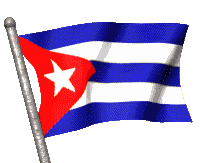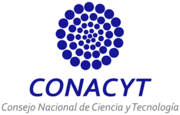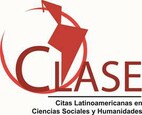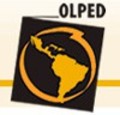The violation of privacy through the interception of telephone communications: a contemporary challenge.
Abstract
The interception of personal communications, known as "Phone Call Tapping", has emerged as a tool to prevent crimes, being regulated by the Comprehensive Criminal Organic Code (COIP) in Ecuador. This research addresses a legal and social problem in Ecuadorian criminal legislation. Article 476 of the COIP allows the interception of communications and leaves the decision of when to carry it out to the discretion of the Prosecutor's Office. This practice raises ethical and legal questions, as it could be interpreted as a violation of the right to privacy enshrined in the American Convention on Human Rights. The basis of this action is based on assumptions about possible crimes, raising important questions related to privacy and human rights.




































1.png)







1.png)







